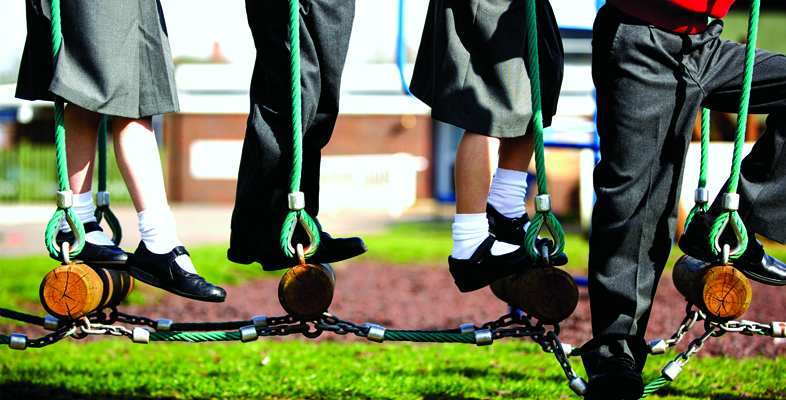2 Dispositions for learning
In the video in the previous section, Sarah Johnson talked about how she looks for ‘characteristics of effective learning’ when she observes and listens to children. These characteristics are also sometimes called ‘dispositions for learning’.
Dispositions are habits of the mind. They are not the same as skills or knowledge. Think of dispositions as similar to personality and the way someone learns. For example, some children can be positive about certain activities like playing in a group and learning with friends. Some children can be negative, giving up quickly when they can’t work out a problem. Some children start tasks with enthusiasm, while others may worry and become anxious.
Dispositions of effective learners include independence, confidence, curiosity and persistence. Other dispositions for learning are self-control, optimism, self-motivation, resilience, problem-solving and, in some cases, courage and risk-taking. All these habits of the mind are important for lifelong learning.
Dispositions affect how children feel about learning in school, and can affect their educational outcomes. Children who see themselves as able to try out new things, keep going when things get difficult, know when to ask for help, and learn from making mistakes, will be successful in school and in life. Teachers, teaching assistants and of course parents all play a part in helping children to develop positive dispositions for learning, by encouraging children and by being role models who demonstrate positive habits of the mind.
